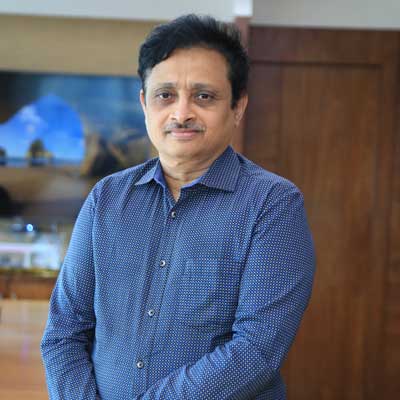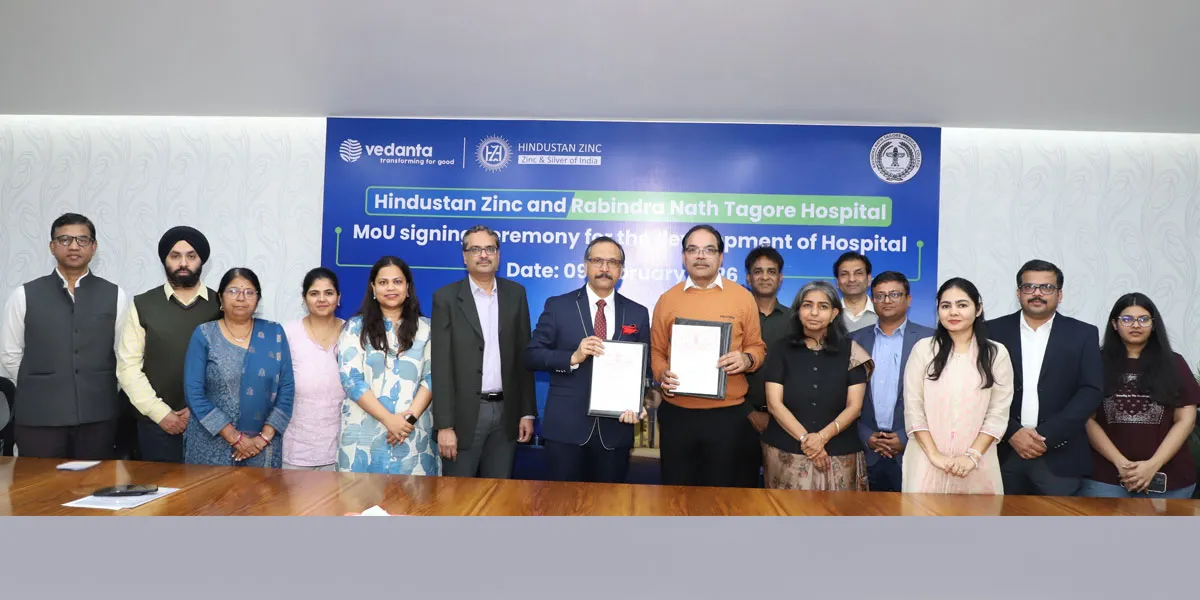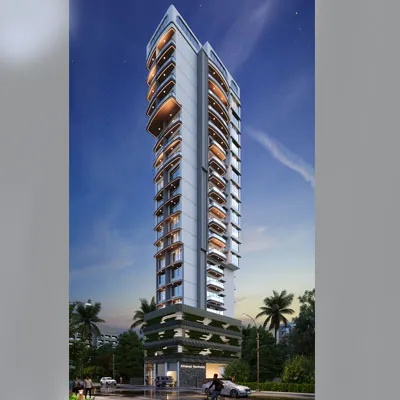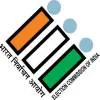In an exclusive interaction with CW, the go-getter and highly inspirational SVR Srinivas, Metropolitan Commissioner, MMRDA, shares the various challenges faced, rigorous project management practices implemented, thrust given to technological advancements and recent developments on the various metro lines commissioned in Mumbai.
Read on to decode the mind of the man who is set to shape Mumbai’s evolution...
Please share your journey since taking charge.
When I took on the mantle of the chief, MMRDA had already achieved a lot of milestones. And it is my highest privilege now to take this legacy forward. I am a firm believer in the philosophy of enjoying the journey, rather than worrying about the goals, and I am enjoying every bit of this journey. It is a given that there will be a certain set of obstacles on every path we choose. As long as we work, obstacles will always be there, and they will only stop when we stop working. It is how we respond to these obstacles that gives us a sense of satisfaction, and sets us apart from the rest.
Making the first phase of metro line 2A and metro line 7 operational this April, after these many years, has been among the key milestones for us, while the second phase is slated to be commissioned in the next couple of months. This year itself, we completed and commissioned around three to four major flyovers within the Mumbai Metropolitan Region (MMR) which was a big boost for the residents of Mumbai. Additionally, we have managed to conceptualise certain major projects as well. Notably, we have launched a well-thought-out long-term vision plan for the MMR, in addition to the transportation plan that will be valid for the next 20 years. The third part that completes this tripod is managing resource mobilisation for the financial closures of various projects commissioned by MMRDA. All these form a strong foundation for reaching MMRDA’s goals.
What is your mantra for adhering to stringent project implementation?
At MMRDA, we have well-equipped, capable and time-tested teams. The three pillars of our strong unit comprise the project, planning and finance departments. These highly efficient teams have been instrumental in delivering the desired results for MMRDA on all fronts. With the project management team, we started with some of the best practices in the industry. We have a stand-up meeting every day for each ongoing projects. Similarly, we also have a catch-up plan for all projects. We make swift use of innovative tools like s-curve, PERT, CPM, etc, which are not generally used in government organisations. We rigorously follow the best global practices to ensure all our projects take off smoothly.
Can you elaborate more on the catch-up plans?
We have catch-up plans set in place in terms of cost and time. We ensure that loss of time is taken care of in all our public projects, as eventually this reflects on the overall cost of the project. For instance, the COVID-19 pandemic had an impact across the globe and delayed all the MMRDA projects. But we came up with a catch-up plan for the lost time, and are ensuring that things are getting executed as per the new plans. Most important, we have strategically allotted Tuesdays and Thursdays of every week for site visits and our entire team of engineers, including myself, dedicatedly follow this.
How is MMRDA monitoring contractor performance and pace of execution on all the lines?
In a brownfield setting like Mumbai, which is a highly fast-paced and active city, we cannot just keep things at a standstill and carry out our execution work. A lot of issues are bound to exist now and then, and we overcome them through regular interactions with different multiple stakeholders involved in public projects. We do face a lot of issues, including slums, traffic, infrastructure obstacles, utility issues and so on, but what is more important for us is to come up with solutions for all of them.
Having regular interactions with the concerned stakeholders brings a way out for us. In addition, we have weekly reviews as well as stand-up meetings on each project daily wherein the issues of each day are discussed and a solution derived immediately. We have targets set for senior officers and they write and inform us what they have achieved during the week. This has been immensely beneficial for us.
What innovative technologies does MMRDA use to keep itself upgraded and future-ready?
We use BIM technology in most of our projects. The usage of drones has also been a regular aspect of our major public projects. Importantly, we use the latest technologies like an embedded system in construction that enables us to ensure quality work is done and to carry out remote monitoring of projects. Although we make use of GIS mapping and GPS monitoring systems, the latest civil construction technologies are also used by us.
For instance, we have used the orthotropic steel deck patented technology from Japan for our metro projects. It is the first-ever use of 200-m steel spans in bridges in India. These spans are not only longer in size but lighter in weight, which helps in faster construction. These orthotropic steel decks, unlike heterotopic decks, are vertically compressed and render a lot of tensile strength to the steel. We also opt for the best technologies in electronics and communications.For metro rail, we have used communications-based train control (CBTC) technology, a driverless railway signalling system that makes use of telecommunications between the train and track equipment for traffic management and infrastructure control. By using all these innovative technology systems, MMRDA keeps itself upgraded and future ready.
What are the timelines set for the upcoming metro lines?
Line 6, which is stretched across the east-west axis along JVLR, will take about three years. We are also pushing to complete Line 4, connecting South Mumbai to Thane within the next three years. The other major metro line is the underground Line 3 between Colaba and Seepz, which is expected to be complete within two years. In the coming three years, Mumbai will be well connected in all directions.





















